With 451/460 delegates in favor (accounting for 94.35% of the total number of delegates), the National Assembly has just passed the Law on Teachers - the first specialized law that fully regulates the legal status, rights, obligations and policies for teachers. The law consists of 9 chapters, 42 articles, effective from January 1, 2026.
Presenting a report on acceptance, explanation, and revision before the National Assembly voted to pass the bill, Chairman of the Committee on Culture and Society Nguyen Dac Vinh affirmed that the draft law does not prohibit extra teaching, but only stipulates that teachers are not allowed to "force students to participate in extra classes in any form", in order to overcome the widespread situation of extra teaching.
According to the Chairman of the Committee on Culture and Society, the requirement that teachers are not allowed to teach extra classes to students they are directly teaching is currently stipulated in the circular on extra teaching and learning of the Ministry of Education and Training .

Delegates voted to pass the Law on Teachers this morning.
Another notable new point in the newly passed Law is about salary and benefits policies for teachers.
Specifically, teachers' salaries are ranked highest in the administrative salary scale system. They receive preferential allowances and other allowances depending on the nature of the job and the region.
The Law on Teachers stipulates that preschool teachers; teachers working in ethnic minority areas, mountainous areas, border areas, islands and areas with especially difficult socio -economic conditions; teachers teaching in specialized schools; teachers implementing inclusive education; teachers in certain specific fields and occupations... are entitled to higher salaries and allowances than teachers working in normal conditions.
For teachers in non-public educational institutions, salaries are implemented according to the provisions of labor law.
In addition, according to the provisions of the Law, teachers are also entitled to additional special allowances, responsibilities, incentives, subsidies for disadvantaged areas, subsidies for inclusive education, seniority, mobility, etc., contributing to increasing comprehensive income.
The Law on Teachers expands support policies such as: Support for public housing or rent for teachers in extremely difficult areas; Periodic health benefits, training and professional development for all teachers, regardless of public or non-public; Priority in recruitment, transfer and reception for teachers working in remote, border and island areas; Attracting highly qualified people with good vocational skills to participate in teaching, especially in strategic areas such as science, technology, digital transformation and vocational education.
Preschool teachers who wish to retire early can retire up to 5 years earlier without a reduction in pension (if they have paid social insurance for 15 years). Meanwhile, professors, associate professors, doctors or teachers working in specialized fields can retire at an older age to retain talent.
The Law also merges two systems of standards (professional titles and professional standards) into one system of titles associated with professional capacity standards, applied uniformly to both public and non-public sectors.
This aims to create a common quality level for the entire team; Ensure fairness in access to quality education for students; Increase transparency and accessibility in assessment, selection and training of teachers.
The Law on Teachers also gives the education sector the initiative in recruiting and using teachers. In particular, it is agreed to give the education sector the initiative in recruiting teachers, decentralize recruitment authority to the heads of public universities and vocational training institutions to be autonomous in recruiting teachers.
The Minister of Education and Training is proactive in regulating the authority to recruit teachers in preschool, general education, and continuing education institutions.
Delegating authority to the education sector in recruiting and using teachers is an important adjustment step to remove "bottlenecks" in policies for teachers, especially solving the problem of surplus and shortage of staff; proactively coordinating and planning short-term, medium-term and long-term staff development plans in the future.
Source: https://vtcnews.vn/luong-giao-vien-duoc-xep-cao-nhat-he-thong-va-khong-cam-day-them-tu-nam-2026-ar949077.html















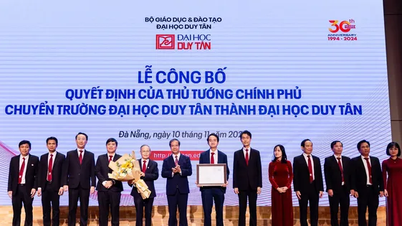








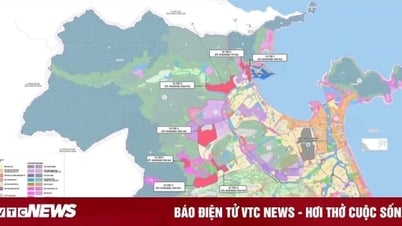

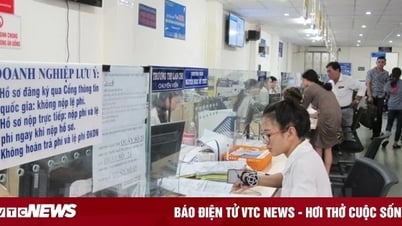










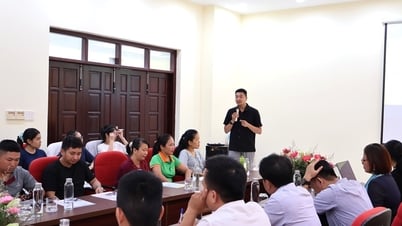




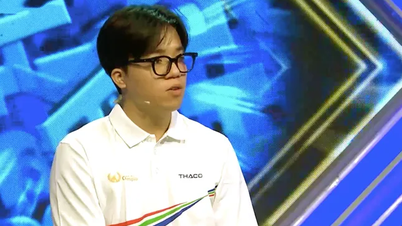








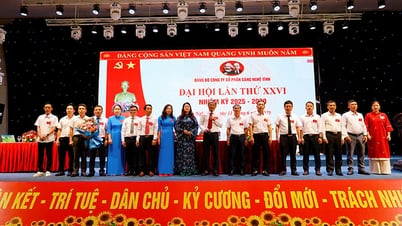






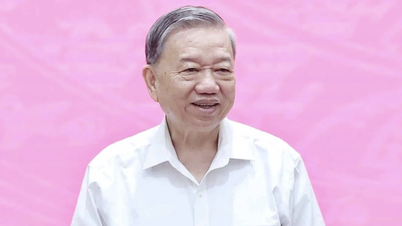



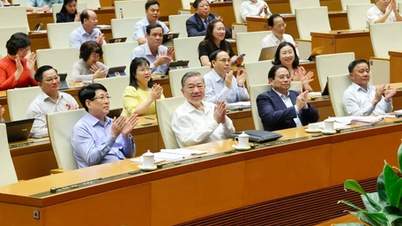


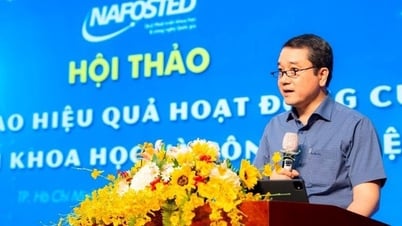









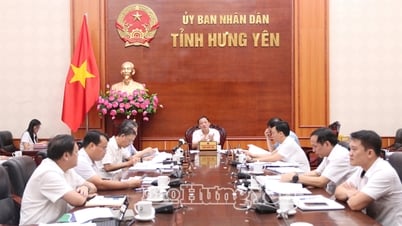
















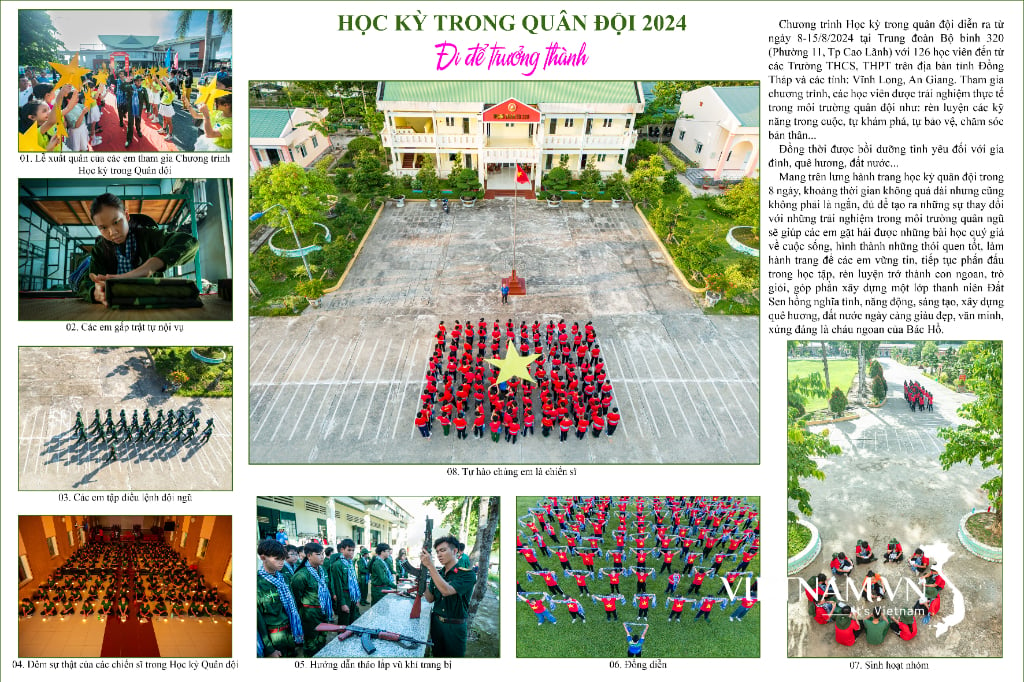


Comment (0)